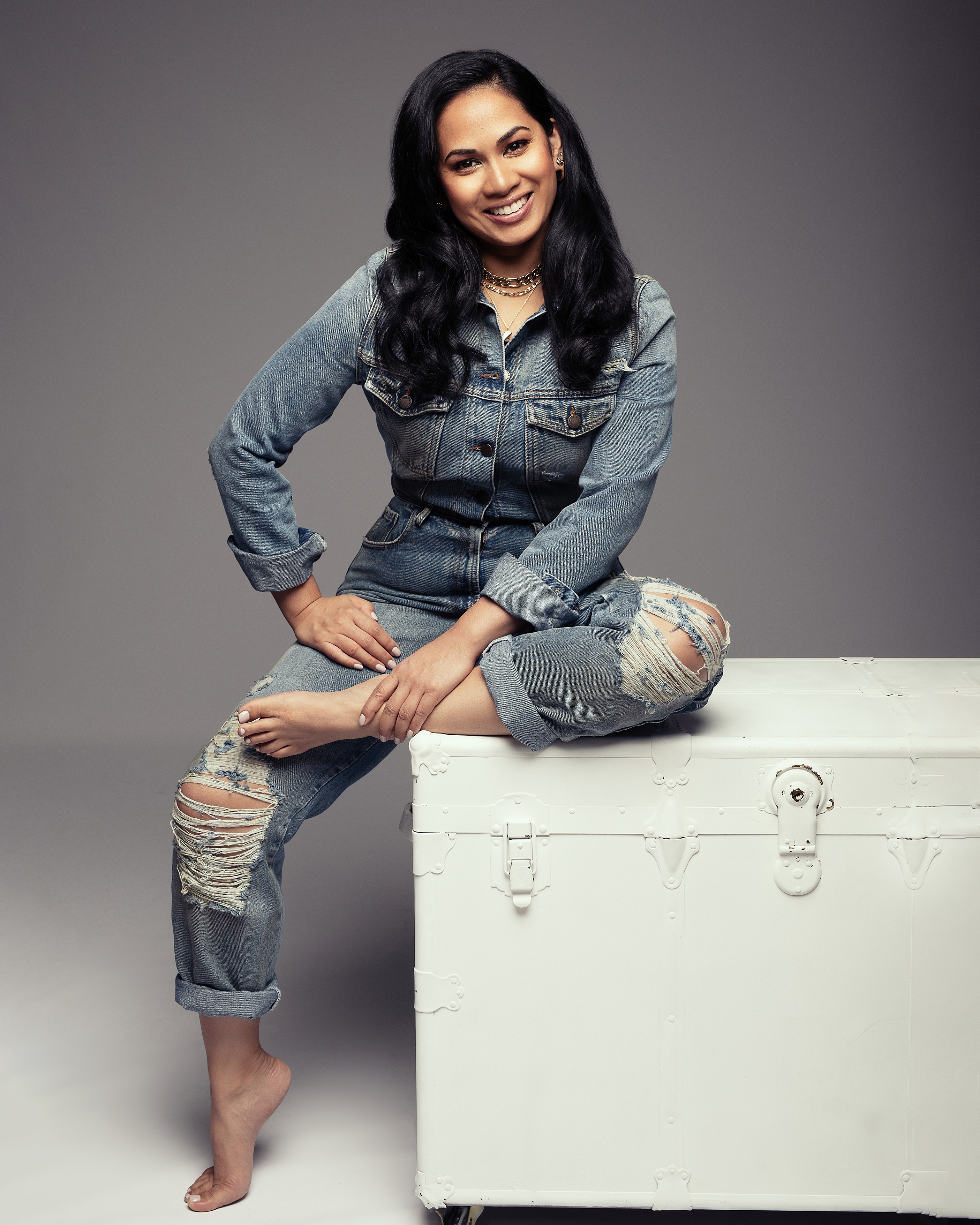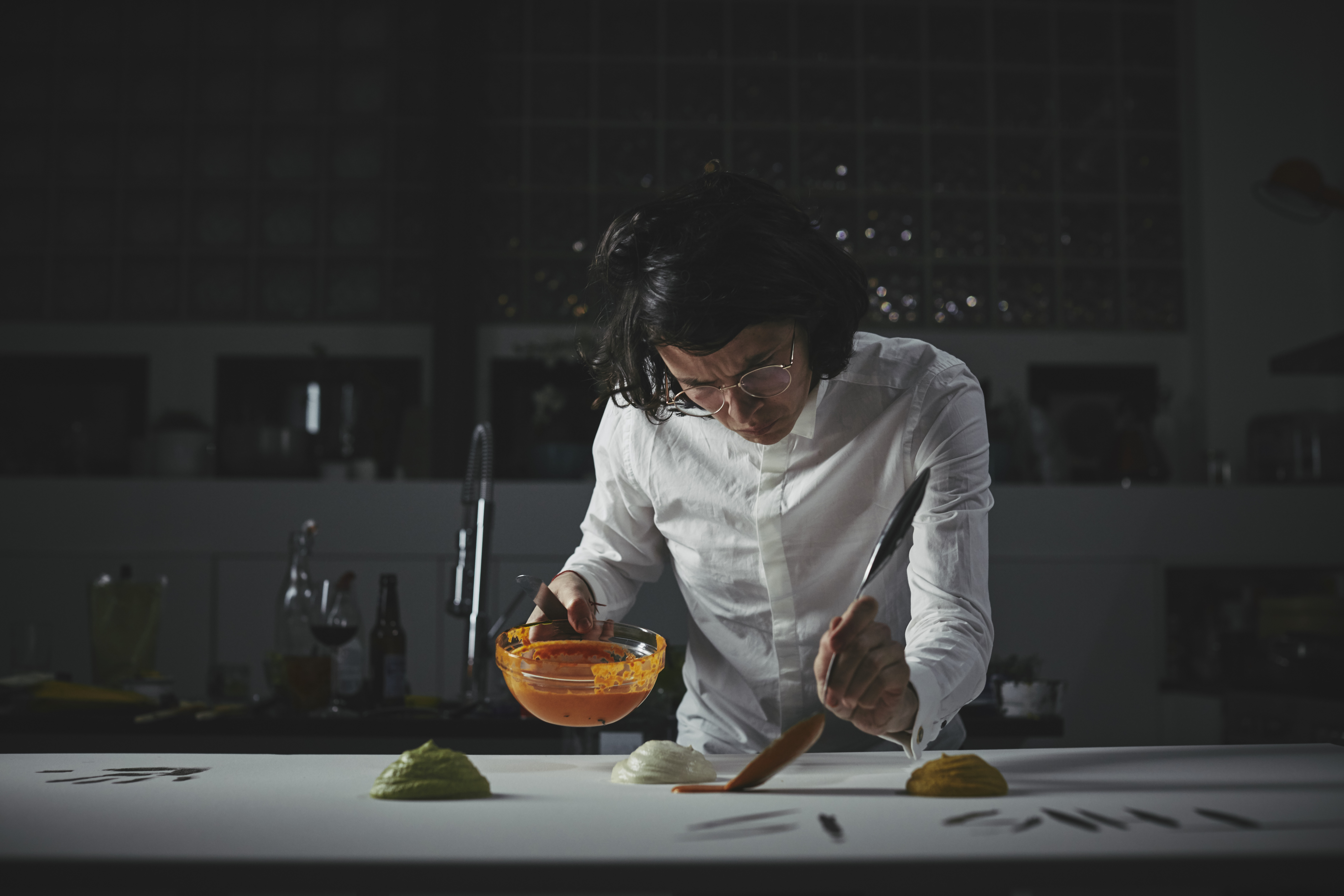In my initial piece entitled, Food for Thought, I talked to Chef Eduardo Marín and Dr. Johnny Drain about the principles of Slow Food. For the sequel, BBC Young Chef of the Year (2014), Chef Douglas McMaster and Charles Michel, a Colombian-French food educator, experience designer discuss how they both educate through eating and help drive systemic change. As Charles puts it, food is a medium. Whether it’s on a plate or sharing a meal around a dinner table, both are “incredibly powerful to educate, to raise awareness/consciousness and to also just leave unique moments.”
What started as an idea of “not having a bin”, served as the foundation for ‘Britain’s Most Innovative Restaurant’ (2018) and the world’s first Zero Waste restaurant. The concept was initially derived from artist Joost Bakker, turning into a pop up in Melbourne and Sydney and then successfully moving over to the UK. “We went to a load of landfills and we found this stack of frisbees and thought it would be a good idea to serve food on that. It was a bit cringey when you think about it now but it got people talking,” recalls Douglas. Opening in 2014 in Brighton, UK, Silo then made the move to London in 2019. The name Silo, however, is a misnomer. Nothing is done without reverence to the entire food process and the food experience.
Everything is made from scratch. From the hand churned butter, baked Siloaf made from the flour from the onsite mill, to the beverages from the onsite CRATE brewery. But it goes further than the food and drink. It’s the thought behind the upcycled vs recycled furniture, the plates formed from plastic bags and the crockery made from crushed wine bottles that all add another layer of commitment to the principals of Zero Waste.
As a food educator, Charles Michel notes the current loss of reverence for all living beings and things. Charles sees food as a medium and takes the opportunity and sees the responsibility to have both a cultural and moral stance. “It’s irresponsible to cook mindlessly because it is one of the most fundamental things and the most intimate connection we have with the environment and the people that are around us,” Charles explains. On the flip side, Charles also acknowledges the economic growth placed around unsustainable actions and how it must evolve. With a background in experimental psychology, human-centered design, and culinary arts, Charles aims to inspire solutions for important challenges in the human/food/environment relationship.
Douglas describes, “Waste is a failure of the imagination. Waste exists because of industrialism, where industrialism grows nature dies. So, to achieve Zero Waste we must step away from industrialism. Nature has all the answers for the things that we need. Nature doesn’t have a bin. We must return to doing things that nature intended.” Both Zero Waste and Slow Food principles serve as a strong starting point, as Charles acknowledges Douglas’s efforts and validates the need to amplify those strong stances from leaders. Yet, he also identifies accessibility and privilege that add another layer of complexity to the systemic issue of food literacy (a topic which will be discussed Charles’s next Patreon UnConference in the new year).
During this pandemic time, both Douglas and Charles found ways to strengthen and build their community through education. For Douglas, he moved his expertise online. The Zero Waste Cooking School uses both Instagram and YouTube to share Zero Waste recipes, provide guidance on kitchen essentials and shopping and give a behind the scenes look at Silo. In October, The White Building Market opened next door, showcasing Silo’s sustainable partners. As part of the symbiotic community, the supplier, Flourish, delivers seasonal vegetables direct from Cambridgeshire, while collecting food waste from the Silo kitchen to be used as compost back on the farm.
For Charles, in between spending quality time with his biological family, he also took his expertise online, growing his Patreon family. As a platform for food education, food activism and overall conscious eating, Charles’ Patreons started with a weekly meeting check-in. It grew to a professional development group, a monthly cooking class, a book club and several UnConferences. Recognizing his role as a facilitator, he exudes a thought-provoking passion, understanding that “basic food knowledge can really free and empower people.”
While Douglas and Charles have worked hard educating their own communities about the ethics of food, they can both agree that the future of food rests in everyone’s hands. Whether it’s a top down approach, putting together effective legislation which aids consumers in being more conscious of their choices or, grassroots activism through education; they cannot work in silos. Both are necessary and must work in tandem to build a partnership that will yield to lasting change.


